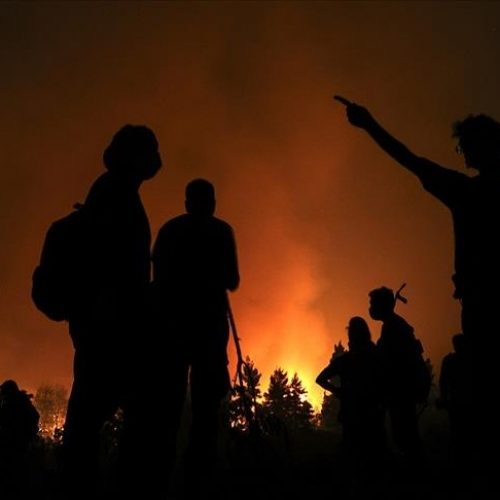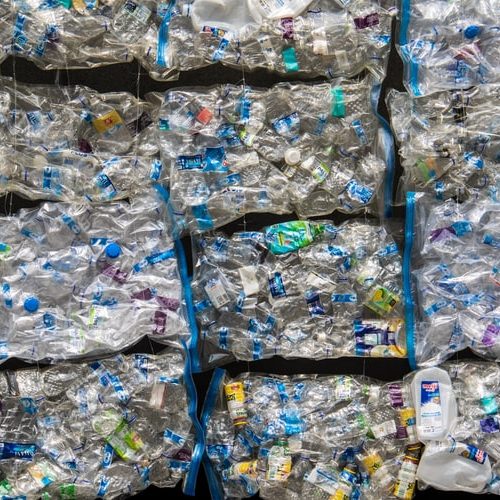Four years ago, Tunisia made history as one of the first nations in the world to include a Climate change provision in its constitution. The progressive move was lauded across the globe. To many, the provision was seen as a potential catalyst for change within the region in respect to the environment.
Unfortunately, since then, few measures have been taken within the Arab world towards the protection of the environment—and aside from a lack of effort from policymakers, general apathy is widespread across the Middle East and North Africa.
And as the rest of the world turned their eyes towards the UN’s Intergovernmental Panel on Climate Change (IPCC) report last month—particularly on the predicted catastrophic affects of global warming reaching 1.5 degrees Celsius—little has been said of the fact that the region will be particularly vulnerable to the adverse impact of climate change.
According to the report, unless global temperature is kept at a maximum of 1.5 degrees Celsius, severe droughts, floods, extreme heat and poverty are to be expected, putting millions around the world at the face of danger. More concerning however, is that most susceptible to these catastrophic (and irreversible) conditions are the world’s developing nations—13 of which are North African and Middle Eastern.
From Morocco, Algeria, Egypt and Tunisia, to Lebanon, Syria, Jordan, and Iraq, the report concludes that the Arab world is at a higher risk to serious consequences due to its position among the least-developed in the world. According to the report, with much of the region’s population relying on agricultural and coastal livelihoods—both of which are at stake—extreme levels of poverty are to be expected. Not only that, but with an increase in heatwaves, the UN claims (with high confidence) that heat-related mortality rates are projected to soar.
In most North African nations, rain-fed crops are the main source of income for rural populations, and with climate change, the agriculture sector faces a direct threat, putting a huge proportion of people at risk of extreme poverty as droughts and floods are set to eliminate their source of income.
In Egypt and Tunisia, the threat posed at the Mediterranean coastline puts both nations’ tourism industries at risk. According to research by the Coastal Protection and Planning Agency, over 100 kilometers of Tunisia’s coastline is subject to erosion due to increased global temperature.
For Egypt, according to the UN, unpredictable weather and increased heat has put its ancient treasures at threat with numerous temples eroding at much faster rates now than ever before. Researchers have also pointed to the Nile Delta (the nation’s most densely populated area, and the country’s main agricultural hub) at the highest risk due to rising sea levels that may ultimately lead to the displacement of the area’s 40 million residents as well as a food shortage that would affect the entirety of the nation’s population.
From Amman to Baghdad, the Levant is already facing increased droughts, and as global temperatures continue to increase, the region is projected to witness extremely dry conditions, which, much like North African nations, will set farmers on a path towards poverty and lead to food and water shortages for the nation.
And when it comes to the Arabian Peninsula, temperatures are expected to rise up to 60 degrees Celsius, turning the GCC into an inhabitable area. Thankfully, the GCC has taken part in the global conversation surrounding climate change—and along with the rest of the MENA region, have signed the Paris Agreement to reduce greenhouse emission that contribute to the rising global warming.
However, little research has been done across the region to determine the perception of climate change by people within the region. A 2017 YouGov study that surveyed 18-29 year olds in the UAE, Bahrain, Kuwait, Oman, Qatar and Saudi Arabia determined that 92 per cent do view Global warming as a problem, however, only 6 per cent see fighting climate change as a priority. A disappointing discovery considering the vulnerability the region is facing, and the urgency the UN’s latest report stipulated.
Photo courtesy of @pauho









